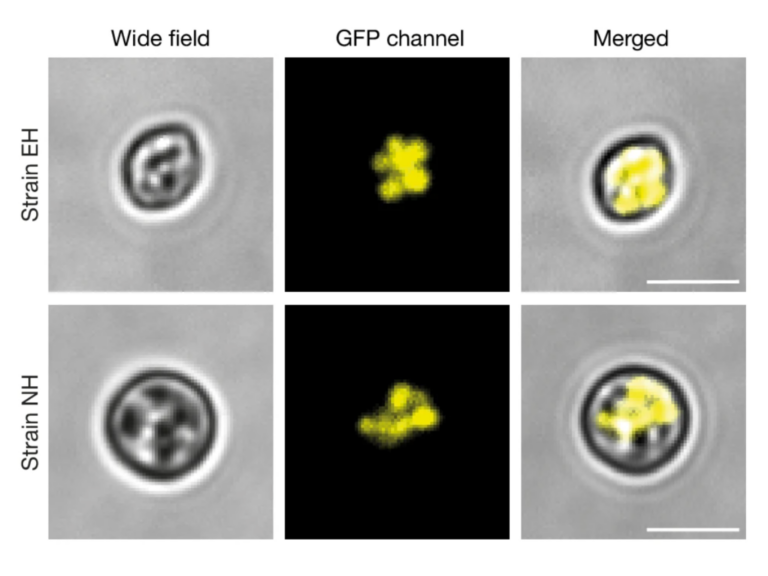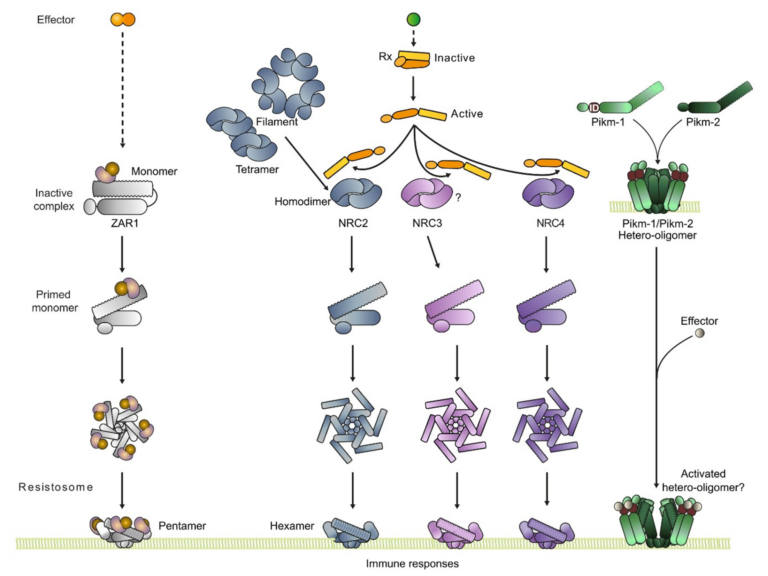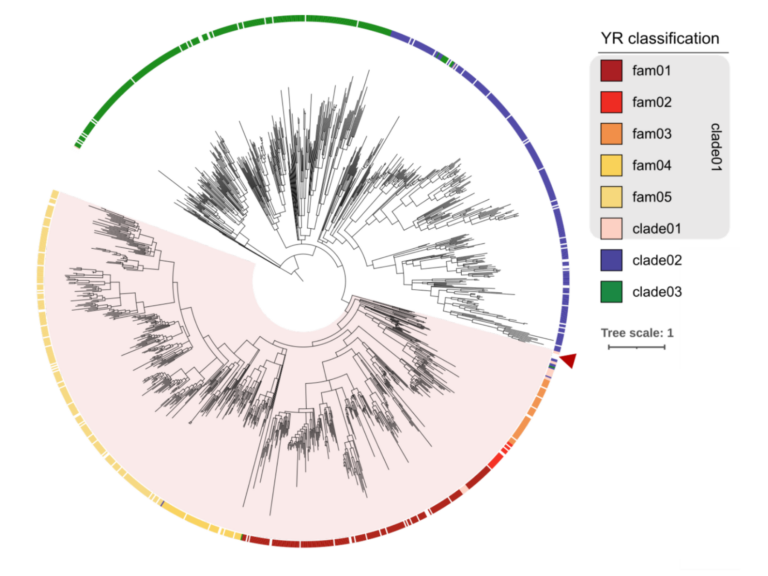Phytophthora sojae boosts host trehalose accumulation to acquire carbon and initiate infection
Successful infection by pathogenic microbes requires effective acquisition of nutrients from their hosts. Root and stem rot caused by Phytophthora sojae is one of the most important diseases of soybean (Glycine max). However, the specific form and regulatory mechanisms of carbon acquired by P. sojae during infection remain unknown. In the present study, we show that P. sojae boosts trehalose biosynthesis in soybean through the virulence activity of an effector PsAvh413. PsAvh413 interacts with soybean trehalose-6-phosphate synthase 6 (GmTPS6) and increases its enzymatic activity to promote trehalose accumulation. P. sojae directly acquires trehalose from the host and exploits it as a carbon source to support primary infection and development in plant tissue. Importantly, GmTPS6 overexpression promoted P. sojae infection, whereas its knockdown inhibited the disease, suggesting that trehalose biosynthesis is a susceptibility factor that can be engineered to manage root and stem rot in soybean.


